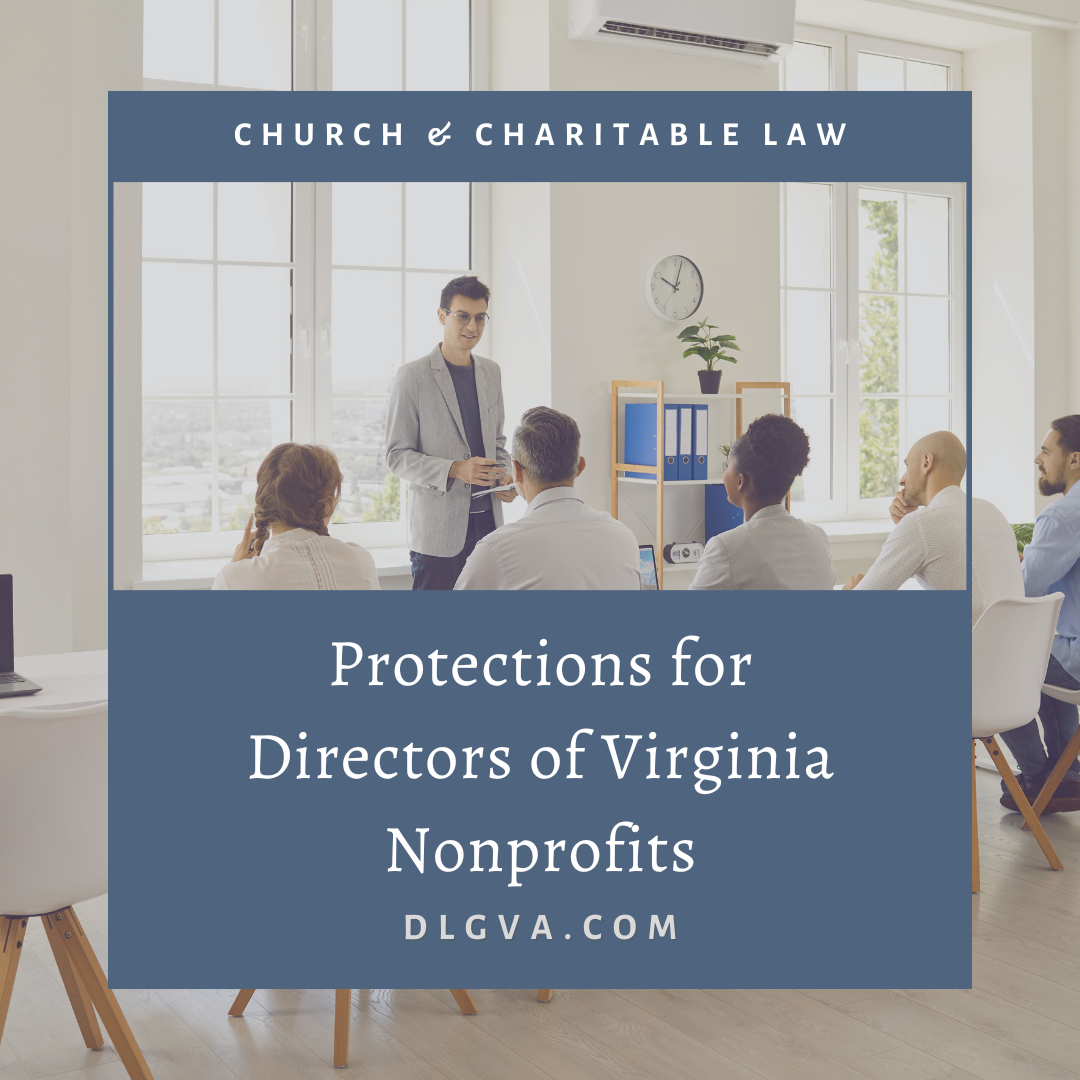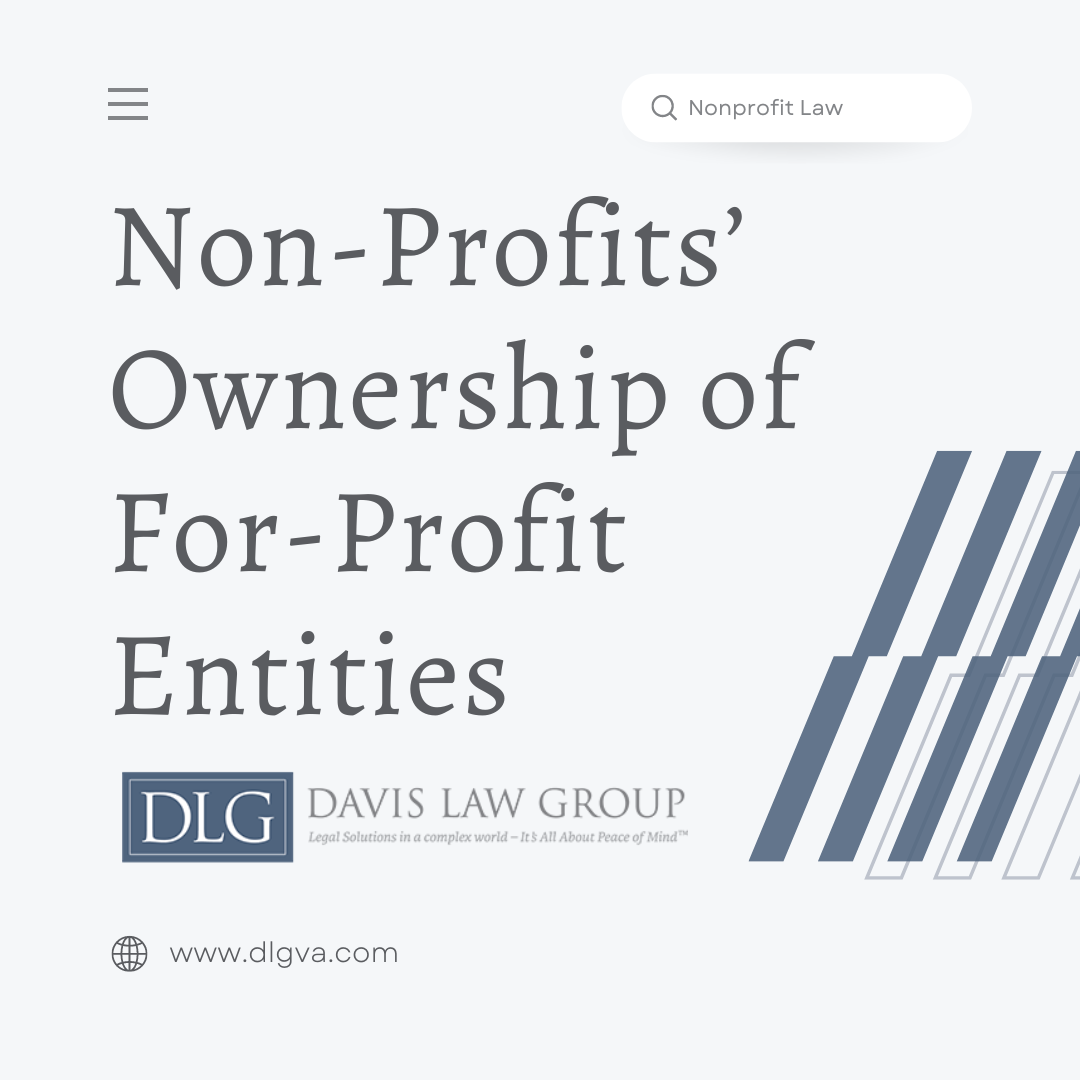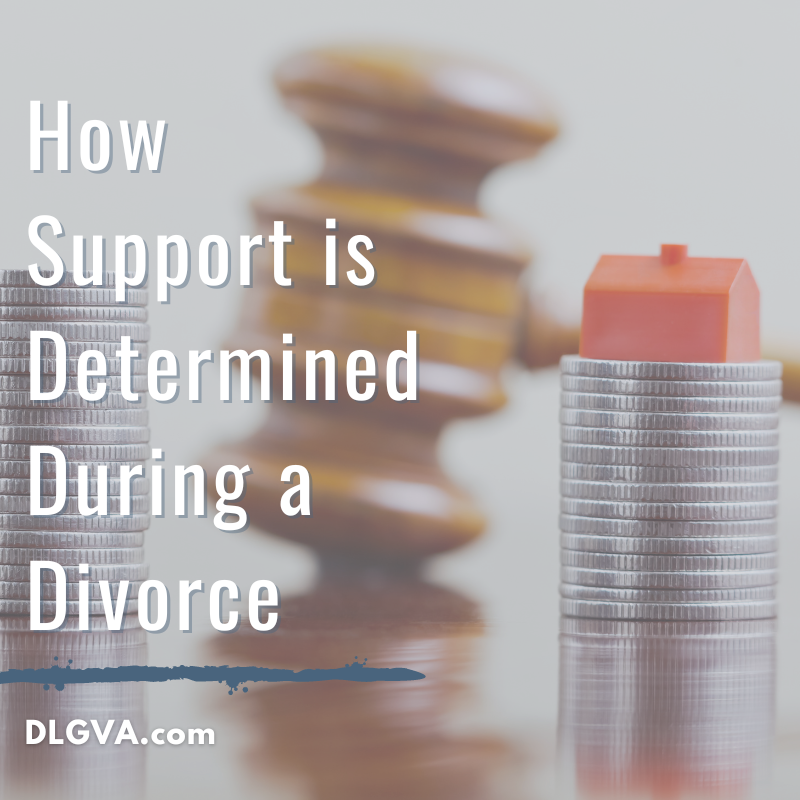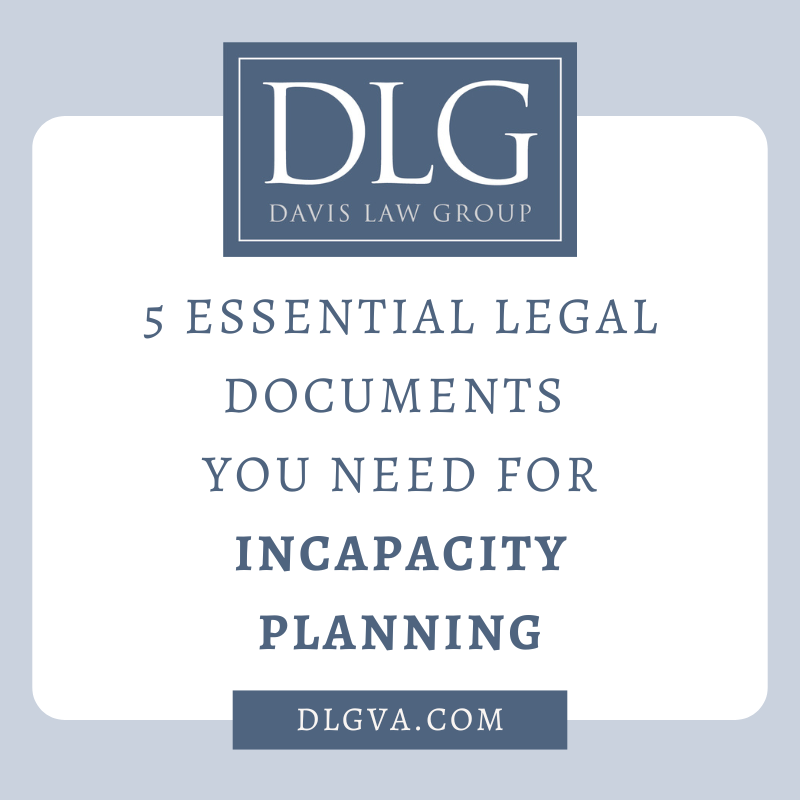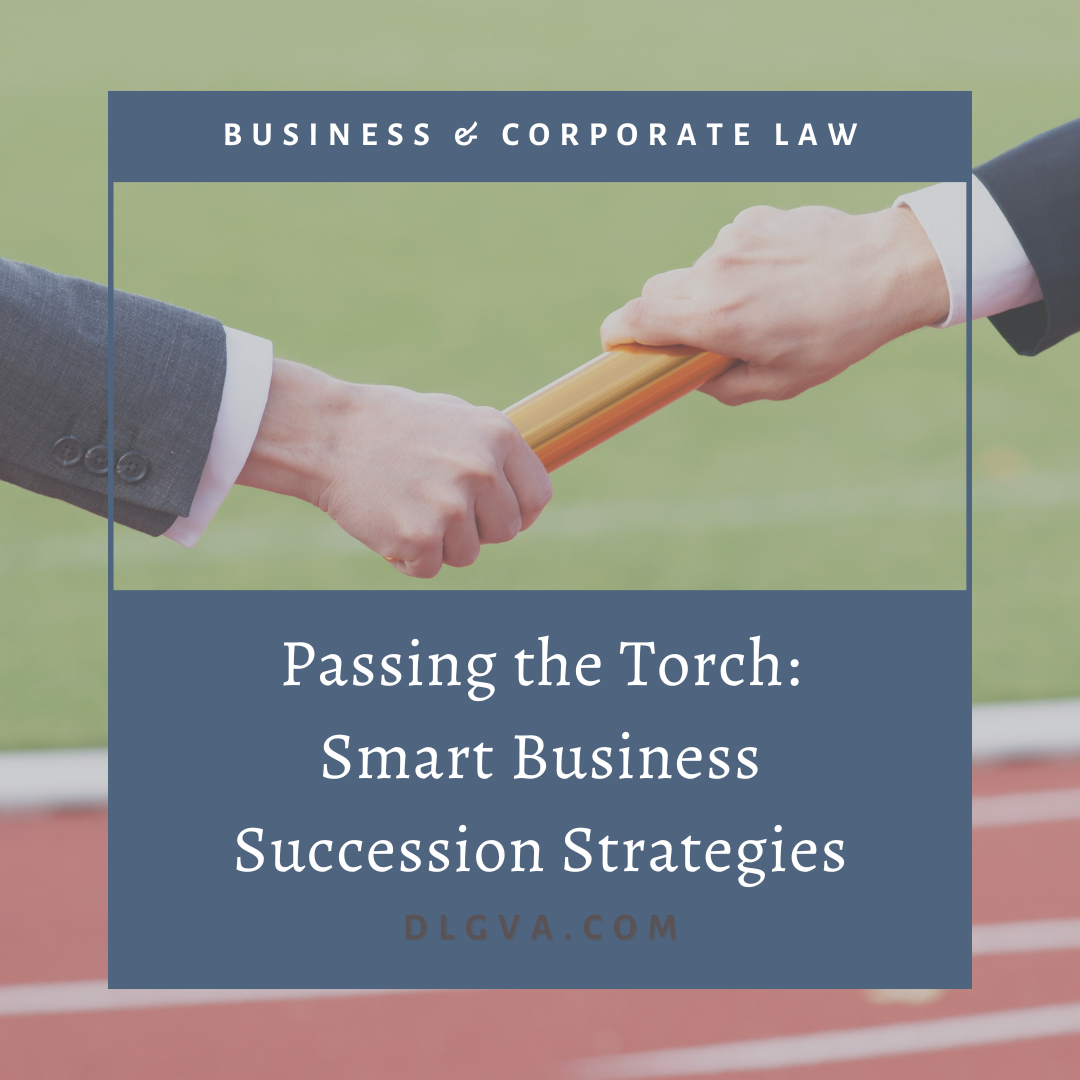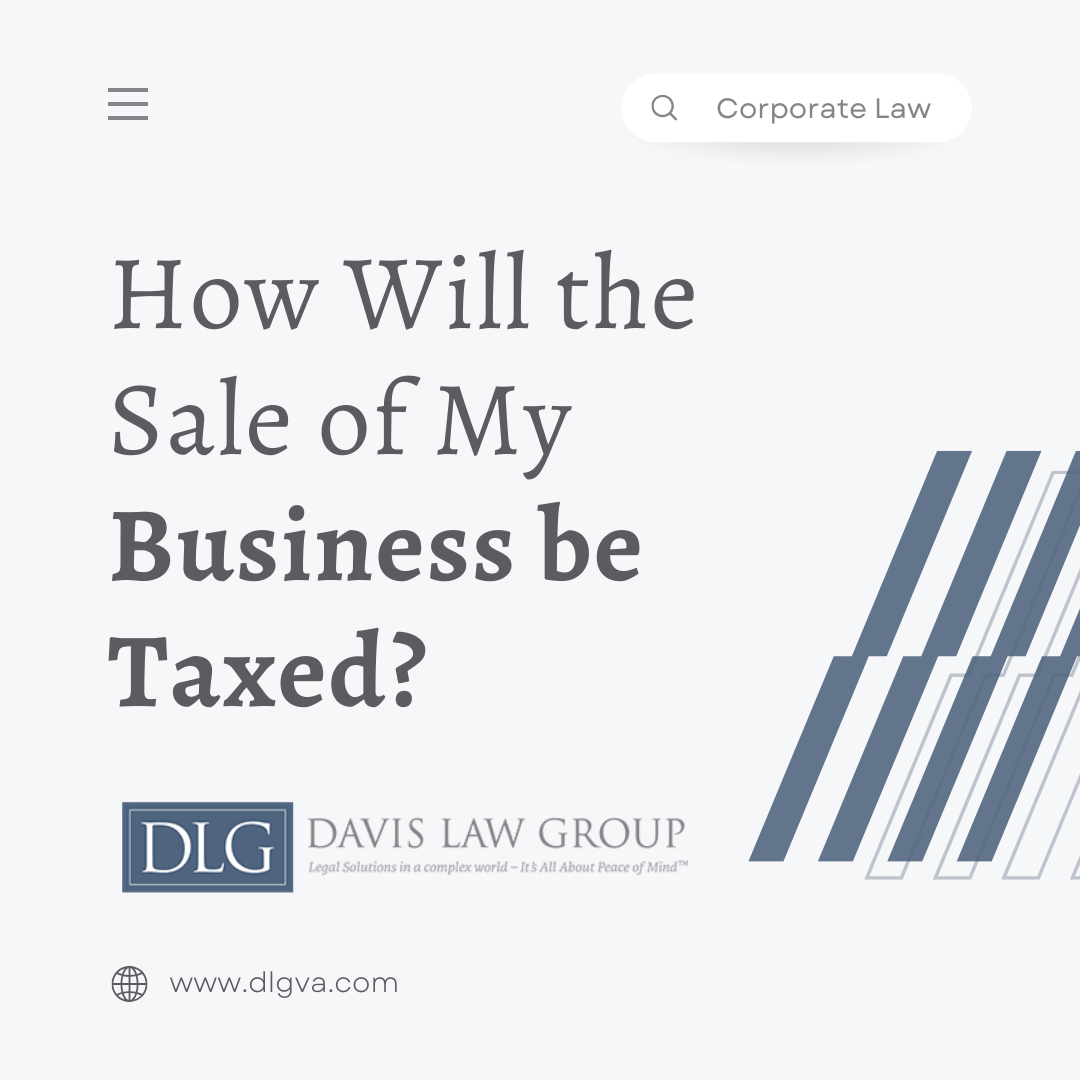When establishing a trust, you must give serious thought to who you choose as your successor trustee—the person who will manage, invest, and hand out the trust’s accounts and property once you are
Davis Law Group
- You're Here
- Home Author archive for Davis Law Group ( Page 4 )
Occasionally, individuals may hesitate to serve on the board of a nonprofit because they are afraid that they may incur liability based on decisions they make as directors. However, Virginia promotes nonprofit board
While it may seem contradictory, a non-profit can own all of the ownership interest in a for-profit entity, whether such entity is a corporation or limited liability company. Why Create a For-Profit Subsidiary?
Many important issues are litigated during a divorce proceeding, such as the division of marital assets and deciding who receives custody of the children. Other significant issues settled during a divorce relate to
Comprehensive estate planning involves more than just planning for your legacy after your death, by avoiding probate, and reducing taxes. Good estate planning also appoints people to make legal, financial, and medical decisions
As a business executive, you are used to strategizing and creating goals as part of your job. But have you devoted time to strategizing and creating goals to protect yourself and your loved
While television and movies provide great entertainment, they are not always factual. Even shows based on real events are not entirely accurate. Creators of television programs and movies will often alter details of
Your mortgage, like the rest of your debt, does not simply disappear when you die, unfortunately. If you leave your home that has an outstanding loan to a beneficiary in your will or
For many business owners, their business is one of the most valuable and important things they own. When it is time to sit down and create an estate plan, it is critical that
A couple in which one spouse is not a U.S. citizen may need to engage in special estate planning. It is important to note that the general estate planning rules do not change
Our Practice Areas Include:
Blog Categories
Address
© Davis Law Group | Privacy Policy | Disclaimer | Website creation & maintenance by Bull & Company MediaWorks




